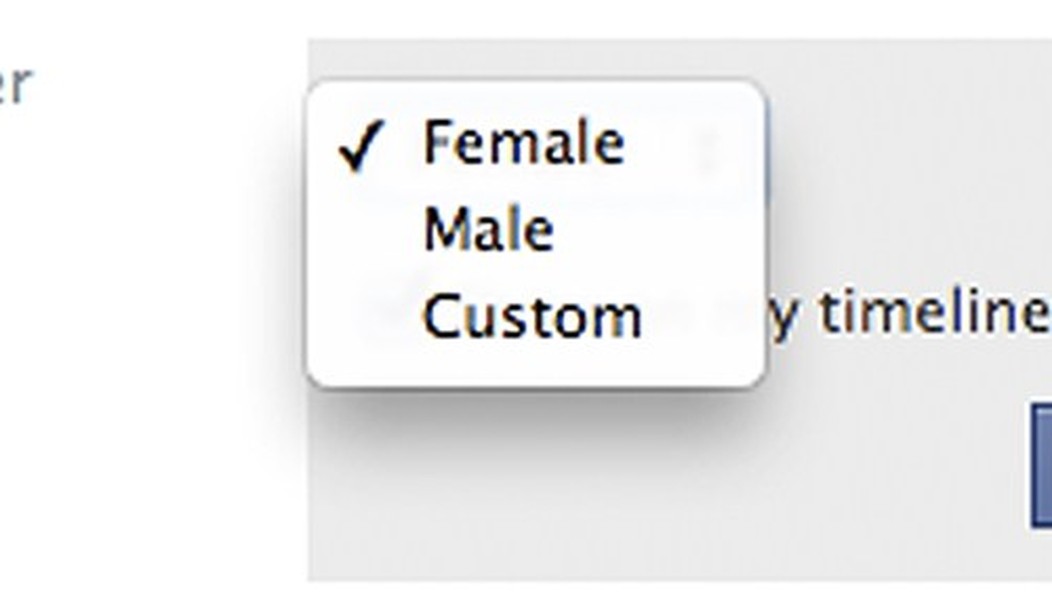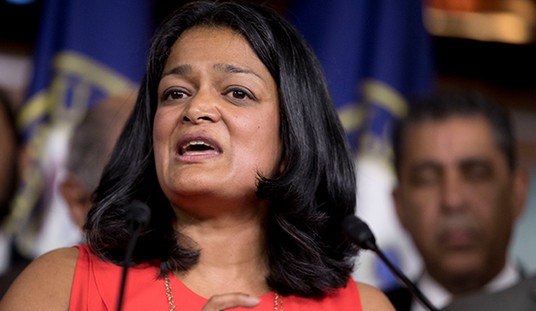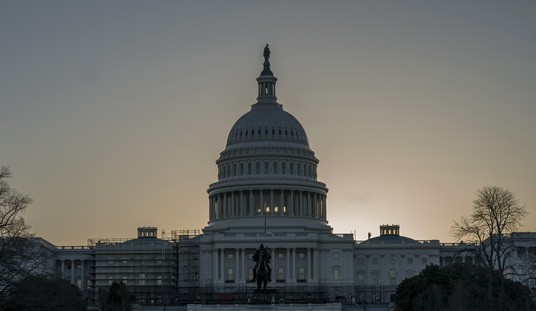At Columbia University, people are getting schooled.
Learning’s surely taking place in math, science, and business; but as a bonus, students are being educated on the business of woke words.
In September, the college posted a video to its “Inclusion and Belonging” page called “Why Pronouns Matter.”
For those unaware of what pronouns are, here’s the scoop:
Pronouns are used in place of a person’s name. While many use she/her and he/him pronouns, a growing number are using other pronouns, like ze/zim, ze/hir, per/pers, and ey/em.
“Some people are comfortable with multiple pronouns,” it points out, “regardless of their gender identity or expression.”
Examples:
If someone’s pronouns are she/they, that’s just another way to indicate that a person uses she/her/hers and they/them/theirs pronouns. Others do not use pronouns for themselves and wish only to be referred to by their name.
Don’t make assumptions, the video warns — “you can’t know a person’s gender just by looking at them.”
We’re entering a new era of language, and it’s one — so far as I can tell — that’s infinitely more complex.
Oddly, pronouns don’t involve direct communication.
Despite an urging for all to pick pronouns of their choice, such words are never uttered when speaking to the person at issue’s face.
The video calls to “many [using]” traditional pronouns, but in truth, no one “uses” their own pronouns at all — pronouns are third-person terms.
And if you can’t tell someone’s pronouns by sight, that may present problems — one of their most common applications is as a reference to people one doesn’t know.
In simpler times, pronouns merely regarded sex. But it seems we’ve all been moved to civilization’s Advanced Class.
Hence, CU’s helping everyone accomplish “inclusivity” — even though people aren’t generally present (or included) when their pronouns are employed.
“Asking for and using correct pronouns is a way to respect those around you and create an inclusive environment,” the video explains.
For reasons of which I’m unaware, we’re being directed to find life-defining meaning in labels.
And Columbia is only the latest amid a long line in the pronoun push.
See:
Is Michigan Wokifying Its State Police Department?
The State Department Illustrates Just How Screwed We Are
Mayo Clinic Upgrades Its Dress Policy to Include Pronoun Buttons
You’ll Be Graded on Wokeness: Professor Forces Students to Put Their Pronouns on Assignments
University Celebrates ‘Plus Size Appreciation Day,’ Cancels Columbus and Pronoun Privilege
Back to Columbia, the school provides proper protocol when a mistake is made:
This is especially important for queer and transgender people. If you slip up and use the wrong pronouns, simply correct your mistake and move on.
But don’t assume accidents are acceptable:
Words matter. Even unintentional errors can create challenges. Research shows that using someone’s correct pronouns has a big impact on their mental health and well-being.
In addition to redefining “pronoun,” society’s taken to a repurposing of the word “safe”:
Normalizing pronoun sharing helps create a safer space for people of all genders and gender expressions.
“So in introductions, share your own pronouns first,” the video instructs. “Use pronouns with your name in meetings and on name tags. And add your pronouns and this video to your email signatures, in your bio, and in chat.”
And the new normal isn’t just a suggestion:
Intentionally misgendering someone by refusing to use the correct pronouns or name is a violation of the Columbia University non-discrimination policy.
What if some don’t conform, whether it be intentional or not?
CU’s sticking to a system that’s tried and true.
The video points students to eoaa.columbia.edu to “learn more about Columbia’s non-discrimination policy or to report an incident.”
Meanwhile, for those sitting on go, registration awaits:
Pronoun recordings are currently available to students, faculty, and instructors. Students who would like to know more about how to register their pronouns can visit the Guide to Pronouns in Use for Students. Faculty with questions about accessing their students’ pronouns can learn more in the Guide to Pronouns in Use for Faculty and Instructors.
The page also links to a separate guide, “Pronouns in Our Community: A Guide from the Office of University Life.”
School has definitely changed in the last few years. While once meant to inculcate knowledge and prepare people for industry, it now seems keen to forge sensitive and superior citizens.
To that end, America’s education system is doing a tremendous job.
And if we’re now to create our own words that others must use though we aren’t even around, it seems one might as well go big.
Get in touch with your inner animal:
Welcome to the World of 'Noun-Self' Pronouns, Now Get Down With Your Bunself
https://t.co/GXR87HKkjD— RedState (@RedState) April 15, 2021
Either way, a new era is upon us. Speak carefully, or be turned in by your (soon-to-be former?) friends.
As indicated by the video, so goes “inclusion”:
Together, we can create a more inclusive Columbia community for all those around us.
-ALEX
See more content from me:
Harvard Funds No-Whites-Allowed Music Album Following Black Students’ ‘Excruciating’ Year
Chicago Public Schools Open All Restrooms to Both Sexes, and Disconcerting Questions Come to Mind
Man Concocts a Scheme to Get a COVID Vaccination Card, and It’s Downright Disarming
Find all my RedState work here.
Thank you for reading! Please sound off in the Comments section below.














Join the conversation as a VIP Member